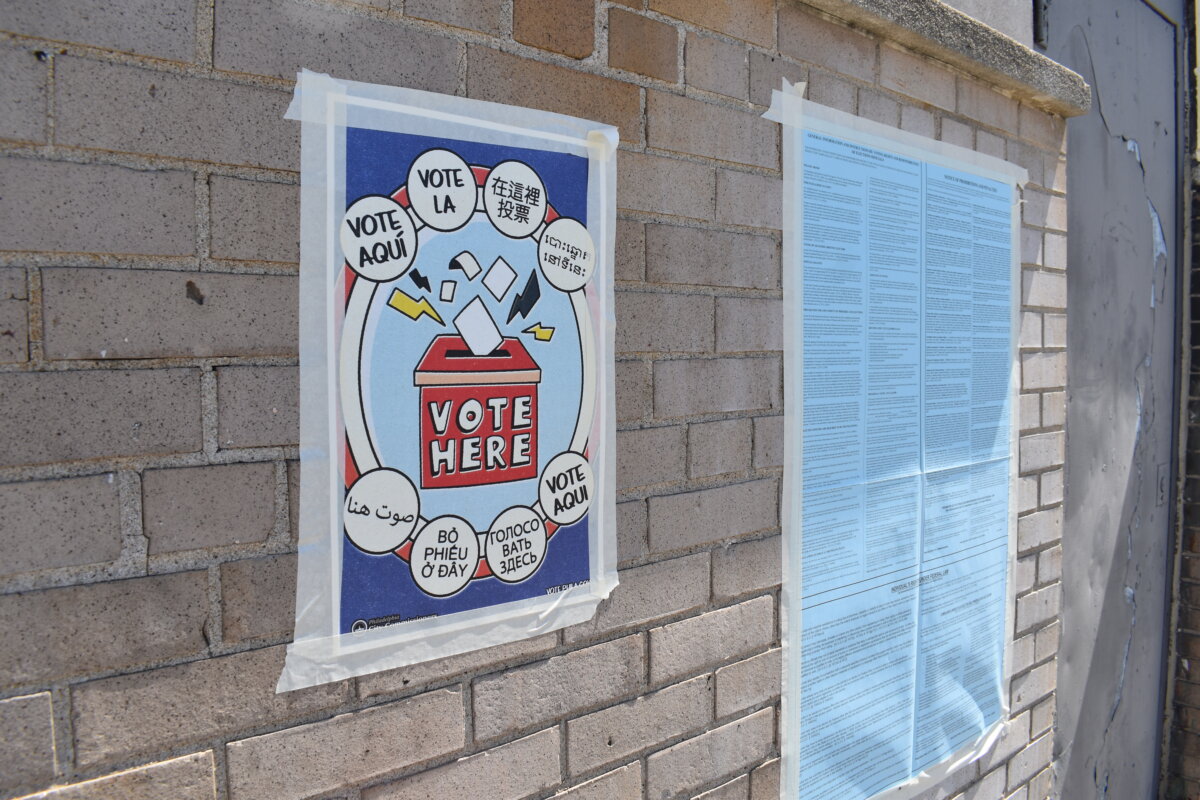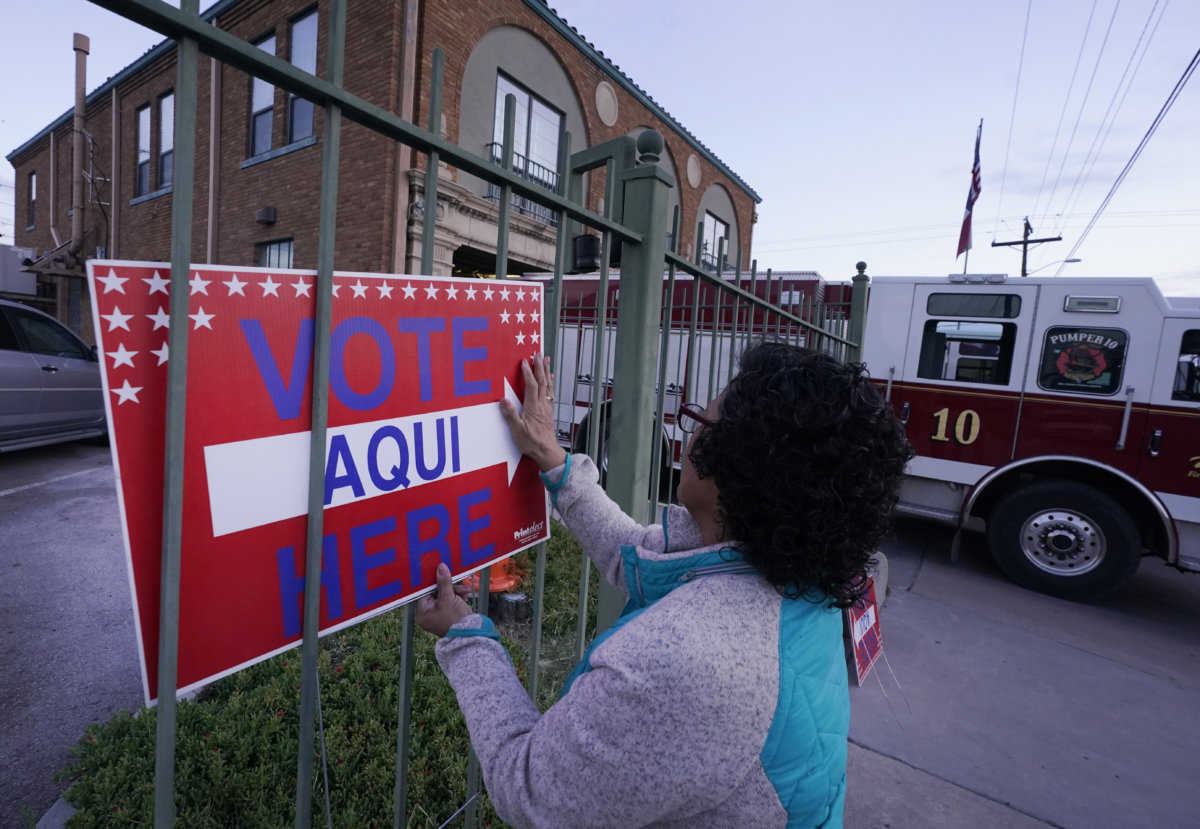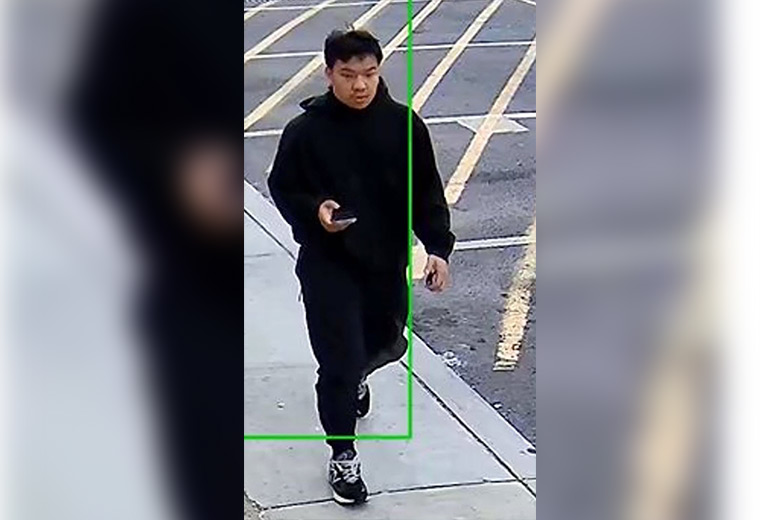For the second year in a row Massachusetts lawmakers on Wednesday endorsed a proposal to extract an estimated $2 billion by raising taxes on the state’s roughly 20,000 highest earners, setting up a 2018 ballot question campaign, a legal dispute in the state’s highest court, or both.
Rep. Jay Kaufman, a Lexington Democrat and House chairman of the Revenue Committee, said establishing a 4 percent surtax on incomes over $1 million would give Massachusetts a fairer system of government funding and inject money into public education and transportation.
The state’s constitution requires income taxes be levied uniformly, so activists have backed the tax measure as a constitutional amendment. Wednesday’s vote of 134-55 means that voters will have the ultimate say on the proposed tax unless the Supreme Judicial Court determines the question is unconstitutional.
If it reaches the ballot and is approved, the proposal would facilitate a major tax increase without lawmakers having to vote directly on the proposal, or having to deal with possible objections from Republican Gov. Charlie Baker.
The top senators of both parties agreed that the amendment is likely to be taken up by the Supreme Judicial Court but they are of different minds about how the court would likely decide the matter.
The proposed amendment (S 10) specifies that the revenues collected could “only” be spent to provide “quality public education and affordable public colleges and universities, and for the repair and maintenance of roads, bridges and public transportation.”
Senate Minority Leader Bruce Tarr, a Gloucester Republican, suggested the question would run afoul of the constitutional prohibition against initiative petitions making a “specific appropriation of money.”
“I’m fairly confident that there will be a case about its constitutionality,” Tarr told the News Service. He said his analysis is that the question is “not properly before us” but that it would be “for the court to decide.”
“The opponents have a right to challenge it, and I am expecting that they will,” Senate President Stan Rosenberg, an Amherst Democrat, told reporters after the vote. He said, “The proponents worked closely with constitutional experts and they believe this will stand up to constitutional muster.”
Seeking to undercut Tarr’s contention that the amendment appropriates money, Senate Ways and Means Chairwoman Karen Spilka said the money raised under the proposal could not be spent without passage of an appropriations bill.
Less than three years into his term in office, Gov. Baker has appointed four of the seven Supreme Judicial Court justices, and Geraldine Hines will hit the mandatory retirement age of 70 later this year.
The first-term Republican has hinted at disapproval of the tax proposal but has yet to stake out a firm position on a proposal overwhelingly opposed by Republicans in the Legislature. Widely expected to seek re-election, Baker could share space on the 2018 ballot with the referendum.
Weymouth Sen. Patrick O’Connor was the only Republican to support the measure. House Majority Leader Ron Mariano, of Quincy, was one of 12 House Democrats to oppose the measure. Jennifer Flanagan, of Leominster, and Anne Gobi, of Spencer, were the only Senate Democrats to vote against it. Wilmington Rep. James Miceli, a Democrat, was the only lawmaker to change his vote, opposing it in 2016 and supporting it this year.
The measure on Wednesday passed the constitutional convention by a slightly higher margin than last year when it passed 135-57.
O’Connor said he believed some “legitimate arguments” had been raised about whether the measure was constitutional. He said he would have preferred that tax policy be debated and settled by the Legislature after hearing from stakeholders, including people earning more than $1 million, but that he believed not letting the question go to the ballot would be a “slippery slope.”
The Weymouth Republican said he did not expect a large number of wealthy residents to leave the state, repeatedly describing Massachusetts as “unique” in terms of its economy and the services it provides to residents.
“I ask, what is the economic cost if we don’t have this conversation and we lose our standing in the nation and in the world?” O’Connor asked. “Will that compare to the number of millionaires who decide to leave the greatest state in the nation? I think that this is a necessary step to keeping up the momentum that has brought us here today.”
House Minority Leader Brad Jones harkened to 2013 when the Legislature passed a bill applying the sales tax to certain computer services before repealing the law a few months later. The North Reading Republican wondered aloud what lawmakers would do if they determined the income surtax was ill-conceived.
“What do you do to fix it? My understanding is it’s a four-year process to fix that mistake,” said Jones, who called the proposal a “poll-tested, focus-group approved public policy.”
“We can’t go back and three months later turn the dial back, because it will be in our constitution, enshrined, and that is something we can’t change,” said Plymouth Republican Sen. Vinny deMacdeo.
The tax proposal is a citizen petition backed by Raise Up Massachusetts, a progressive group that has scored wins at the ballot and in the Legislature on raising the minimum wage and guaranteeing workers earned sick time.
Saying lawmakers “owe a debt of gratitude” to Raise Up, Kaufman told his colleagues that people on the lower rungs of the income scale expend 10 percent of their earnings in state and local taxes, while the wealthiest Bay Staters pay less than 5 percent of their income in state and local taxes.
“That is the classic definition of a regressive tax system,” said Kaufman. Kaufman said that 99.5 percent of state residents would be unaffected by the new tax, except for what he said would be an enhancement in state services. He said for incomes over $1 million, the tax would cost $40,000, which he said would be about $30,000 after a federal offset.
Republicans countered that the income tax is the least regressive of the state’s taxes, and that relying on such a small number of the highest earners to fund transportation and educational needs would put state finances in a precarious position. Speaking over the din of the crowded chamber, Republicans also accused their colleagues of abdicating their responsibility to decide questions of taxation.
Brockton Democrat Sen. Michael Brady, the Senate chair of the Revenue Committee, said lawmakers’ role is to give voters a chance to vote on the plan. While lawmakers are actively working to raise marijuana taxes and impose taxes on short-term rentals, he said there are “no other realistic revenue sources.”
Tax revenues counted on to support the state’s roughly $40 billion fiscal 2017 budget have fallen short by almost $500 million.
“With the Fair Share Amendment on the ballot, we now have a once-in-a-generation chance to make critical investments in transportation and public education that increase economic opportunity for the people of Massachusetts,” said Lew Finfer, co-chair of Raise Up Massachusetts, in a statement. Massachusetts Teachers Association President Barbara Madeloni said, “Our public schools and colleges are drastically underfunded.”
Rep. Paul Frost, an Auburn Republican, highlighted a GOP-backed amendment to the question that was shot down last session and would have specified that any funds raised through the surtax would be allocated on top of — not in place of — existing spending. He said he expects that any money generated will be diverted to other purposes.
“We have seen in the past when times get tough that trust funds and dedicated revenues for certain programs get raided to be put elsewhere in the budget,” he said.
“The proposed historic tax increase represents an unprecedented move to shelter elected politicians from accountability for taxation and spending policies,” Massachusetts High Technology Council President Chris Anderson said in a statement. “But before the special-interest backed measure, which would prove disastrous to our goals of economic growth and job creation, heads to the ballot – it must first pass constitutional muster. We believe it will fail that test.”
Tarr told the News Service he believes the High Tech Council has a “consortium of folks that are contemplating who is the best plaintiff group and how to move forward” with a legal challenge to the proposal.



















